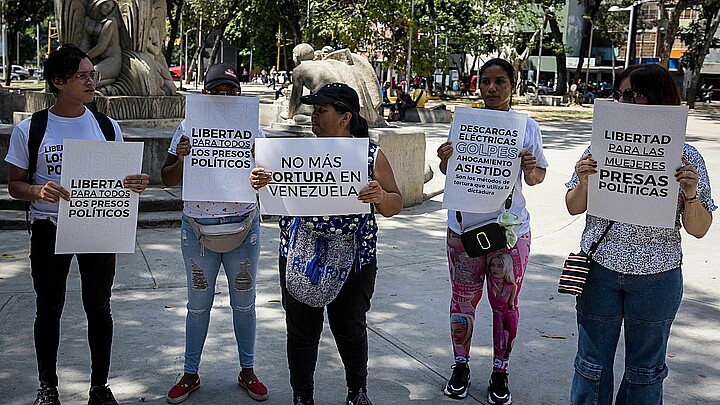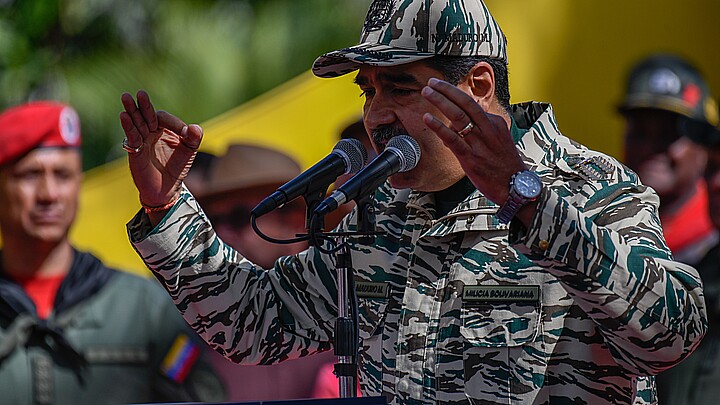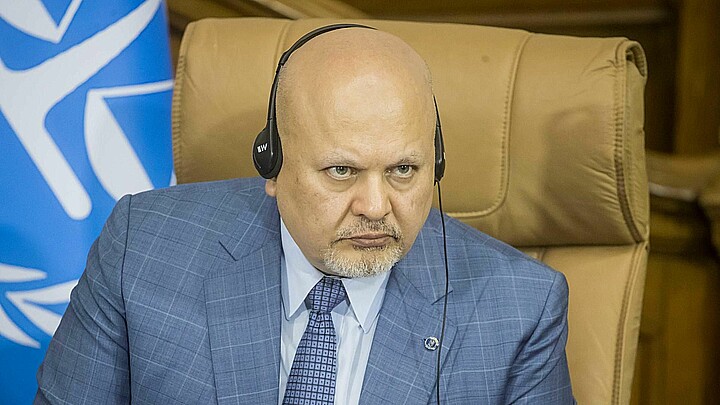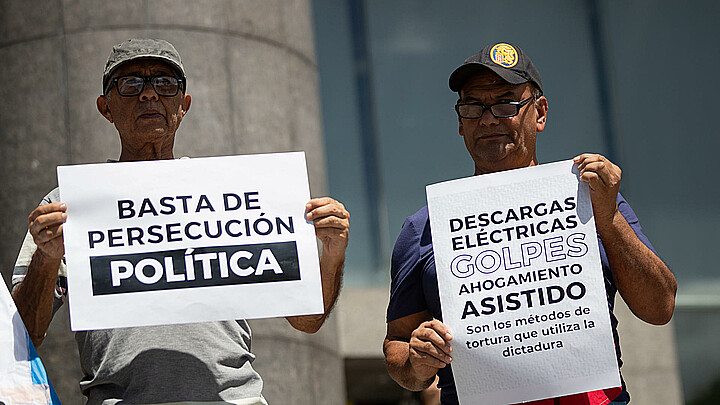Human Rights
U.S. sends presidential hostage envoy Roger Carstens to Venezuela to negotiate release of Americans
“We continue to advocate for the immediate and unconditional release of all wrongfully detained US nationals in Venezuela at every opportunity,” a State Department spokesperson said
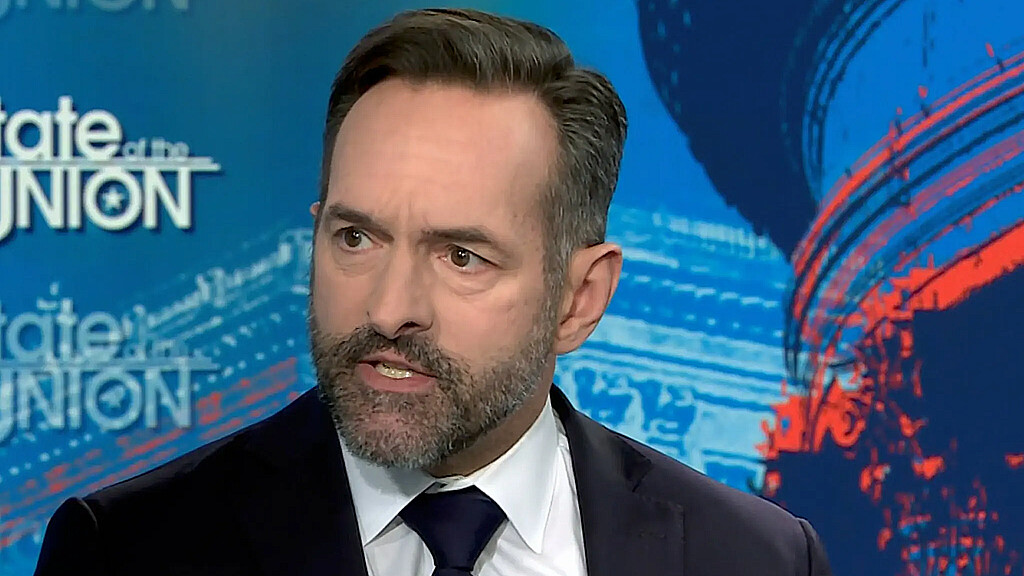
June 22, 2023 8:41am
Updated: June 22, 2023 8:41am
The Biden administration sent the U.S. Special Presidential Envoy for Hostage Affairs Roger Carstens to Venezuela this week, according to a State Department spokesperson.
The spokesperson told CNN that Carstens quietly traveled to Caracas to engage in a “discussion about the welfare and safety of U.S. nationals wrongfully detained in Venezuela.”
“We continue to advocate for the immediate and unconditional release of all wrongfully detained U.S. nationals in Venezuela at every opportunity,” they said.
Currently, there are four Americans currently detained in the South American country: Los Angeles public defender Eyvin Hernandez and and Dallas computer programmer Jerrel Kenmore, both of who have been declared to be wrongfully detained by the U.S. government.
The U.S. is also seeking the release of two other Americans, Luke Denman and Airan Berry, former Green Berets who Maduro alleges were part of a plot to overthrow the communist regime.
The family members of the detained Americans have been pleading with the Biden administration to help secure their release, a challenge since the U.S. does not have any official relations with the Maduro regime and has no diplomats in the country.
In March 2022, Carstens oversaw the release of two Americans—a Citgo executive and a Cuban American—in exchange for two of Maduro’s relatives held in the U.S. over drug trafficking charges. However, during a second trip to Venezuela in June, he was unable to secure the release of any American prisoners.
However, in March of this year, the Biden administration said in March it was not going to engage in prisoner exchange deals with Venezuela after it received a letter from one of the detained Americans.
U.S. officials said that the prisoner, Eyvin Hernandez, was probably coerced into writing the letter, which was addressed to President Biden, in hopes to get the U.S. to consider a prisoner swap.
Hernández is a 44-year-old Californian who was taken into custody by Maduro’s military police in the mountains on the Colombia-Venezuelan border when he and a friend purportedly, inadvertently crossed into the communist country’s territory by accident.
Several reports have suggested Hernandez and his friend were kidnapped by paramilitary troops who hooded the pair and took them across the border forcibly, ostensibly to be used as bargaining chips in a future exchange.
Carstens and U.S. consular officials once again traveled quietly to Venezuela last December to check up on the Americans imprisoned in Caracas.

